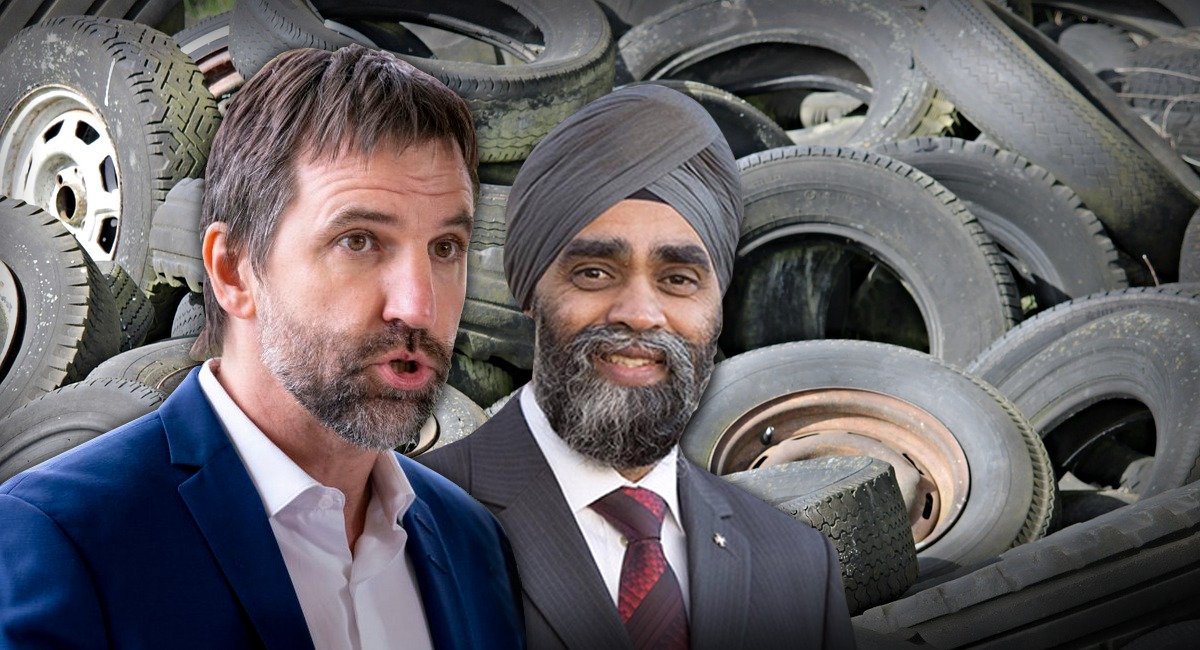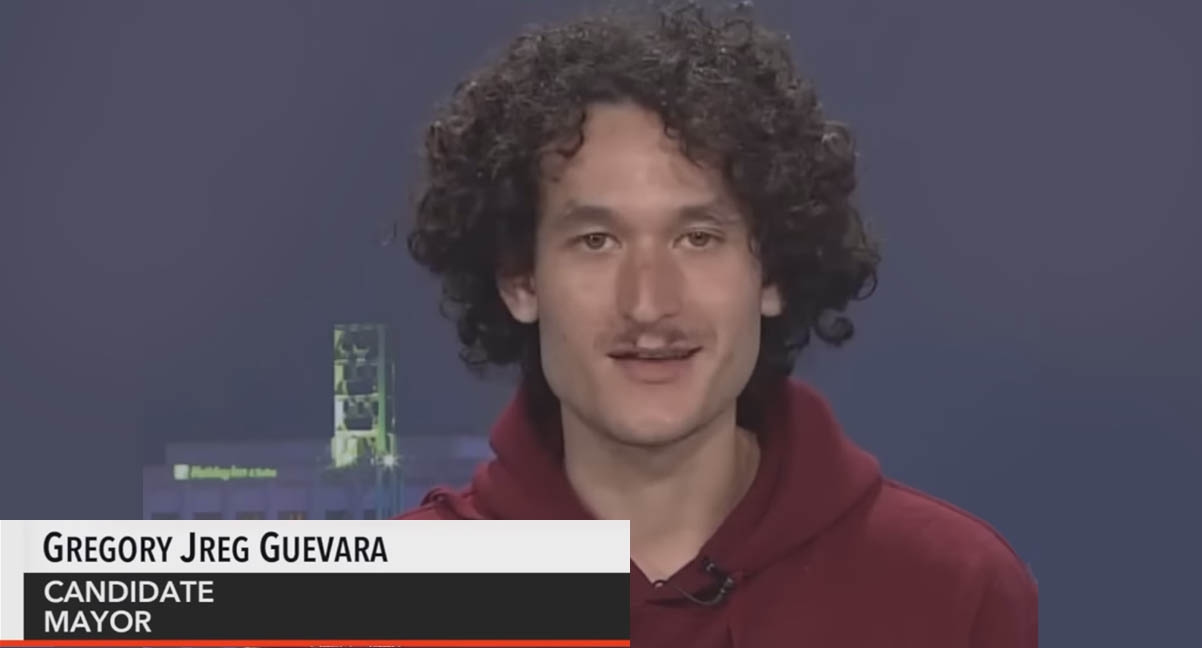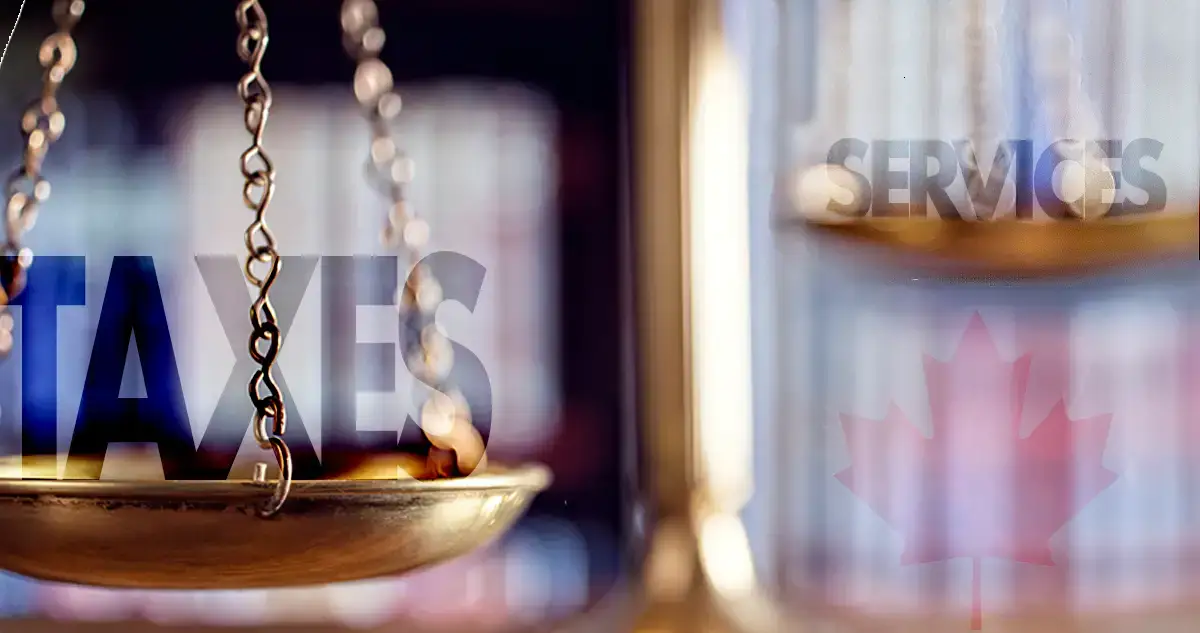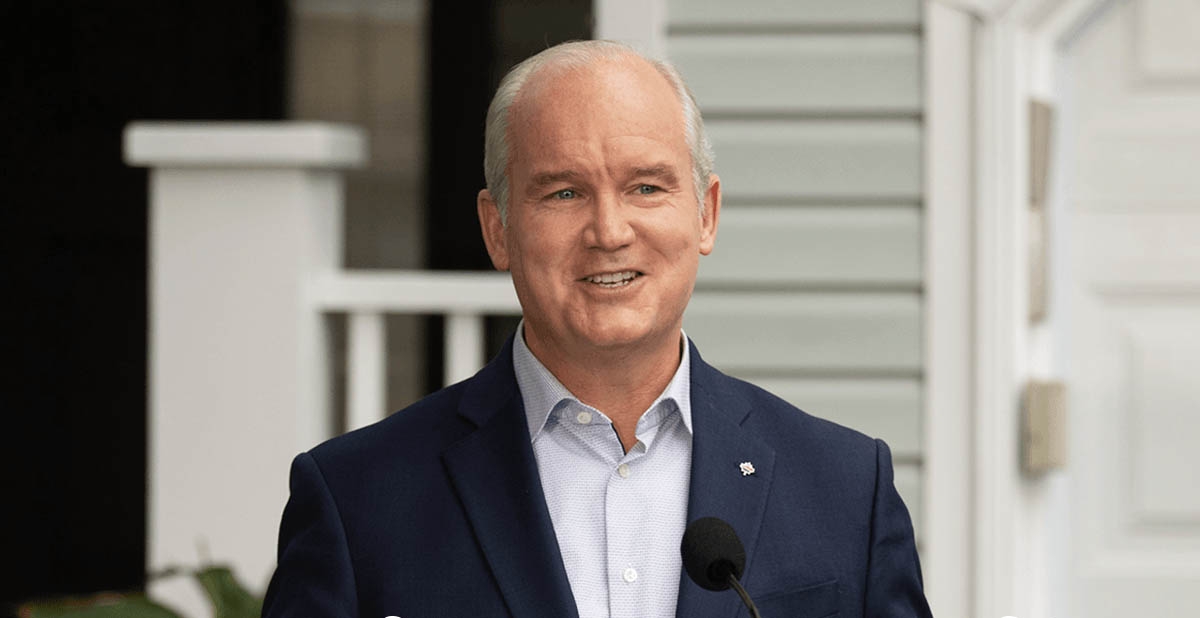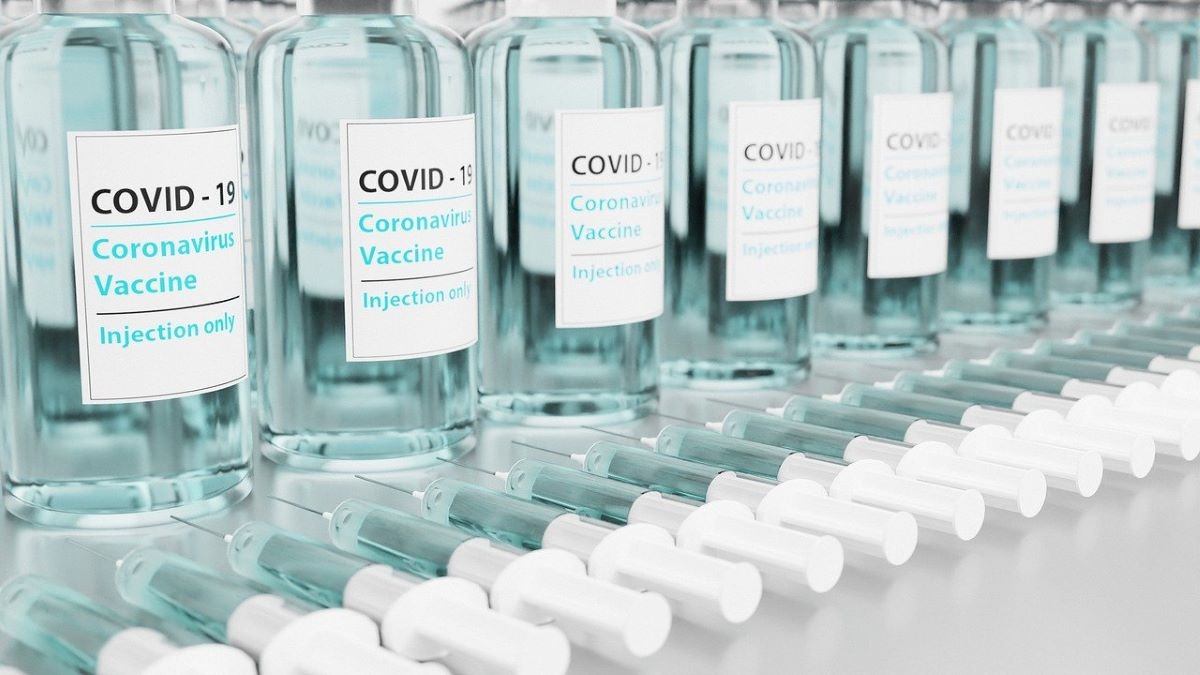
China and the United States step up to get world vaccinated
In a world spanned by polarizing politics, China and the U.S. are united on this one thing: global access to vaccinations must be a priority to overcome the COVID-19 pandemic.
Last month, China set the stage to address inequalities in vaccine distributions by organizing the first International Forum on Vaccine Cooperation. This September, at the 76th UN General Assembly, the United States joined the effort, setting a precedent of intolerance for global health inequalities.
Why? So far, 75 per cent of vaccine doses have been administered in only ten countries. The two superpowers are now leading the global effort to ensure vaccine distribution around the world—to all people in all countries. This effort shows that despite many differences, both countries realize that vaccines are required for the common good and are the way out of this global pandemic.
“A shocking imbalance in the global distribution of vaccines…has created a two-track pandemic, divided between the haves and the have-nots,” remarked WHO Director-General, Dr. Tedros Adhanom Ghebreyesus, at the International Forum on Vaccine Cooperation on August 5th. Hosted by State Councillor and Foreign Minister Wang Yi, the forum was a critical effort to bring countries together to address the global inequalities in vaccine distribution and access.
As developed countries get vaccinated, the inequalities in the developing world are
exacerbated. Their economies suffer disproportionately from the blows of the pandemic. While wealthier economies face the struggles of working online, market economies that depend on a local marketplace to sell their goods have been locked down and shut out of their only way to make a living. While many grumble about being couped up inside, refugee settlements face unbearable influx from pandemic poverty-driven displacement. As wealthier countries navigate reopening from lockdowns, remote communities still lack the medical personnel and equipment, such as oxygen ventilators, to treat members infected with the coronavirus.
The obvious solution to ease the burden of the global pandemic on developing countries is for wealthier nations to donate vaccinations for the common good. COVID-19 is not going to be suppressed until everyone around the world is vaccinated or there is global her immunity.
President Joe Biden and President Xi Jinping seem unified in sounding the alarm that the pandemic will not end if we leave nations behind. The two largest economies in the world are committed to making vaccines available to low- and middle-income countries. Doing so is good public policy and in the long run is good economic policy.
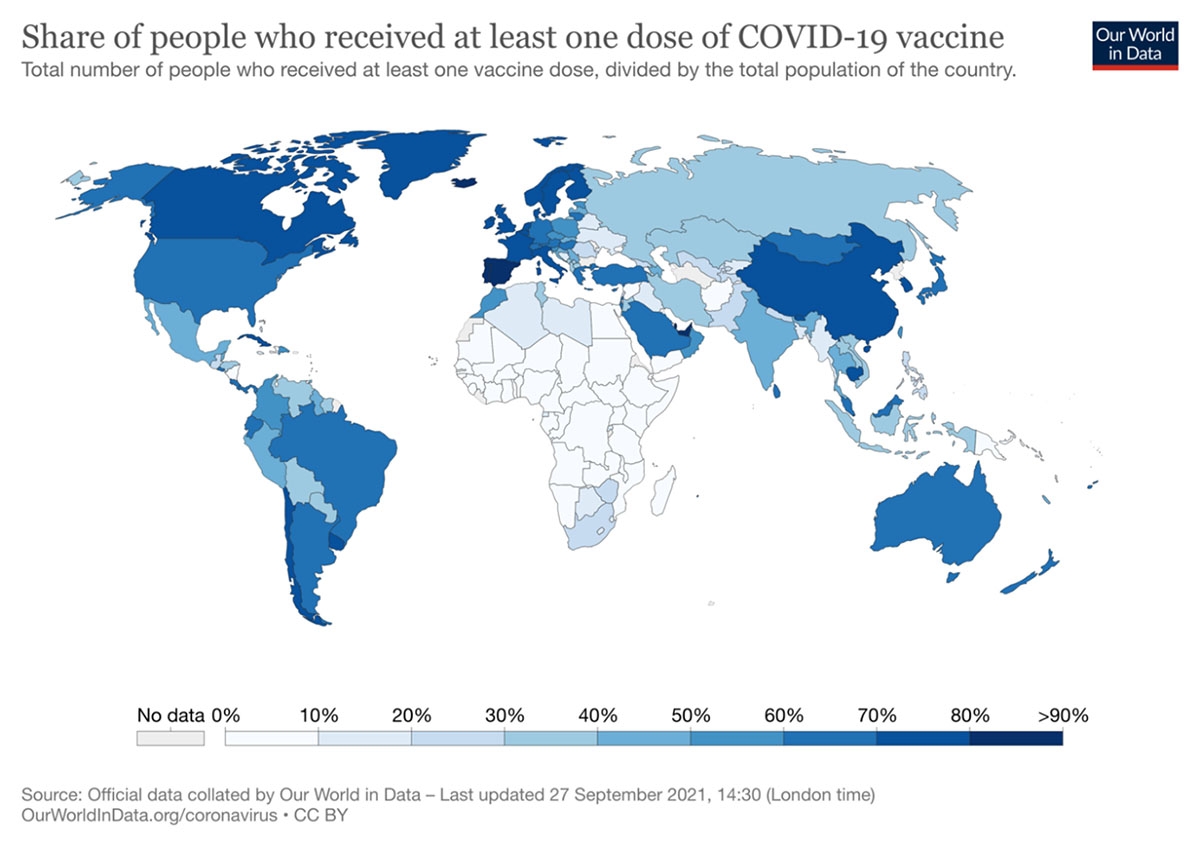
According to Our World in Data, 44.5 per cent of the world has received at least one dose of a COVID-19 vaccine, totalling 6.13 billion doses administered globally. Yet only 2.2 per cent of people in low-income countries have received a single dose.
The WHO set global targets: vaccinate 40 per cent of every population by the end of 2021 and 70 per cent of the world’s population by mid-2022. This target requires 11 billion doses of the COVID-19 vaccine–a mark that calls for a joint global effort.
The WHO Director-General further stated,
“[This] pandemic is an unprecedented crisis that demands unprecedented action. With so many lives on the line, profits and patents must come second… We cannot defeat this virus one country at a time. We can only do it with a coordinated global effort, based on the principles of solidarity, equity and sharing.”
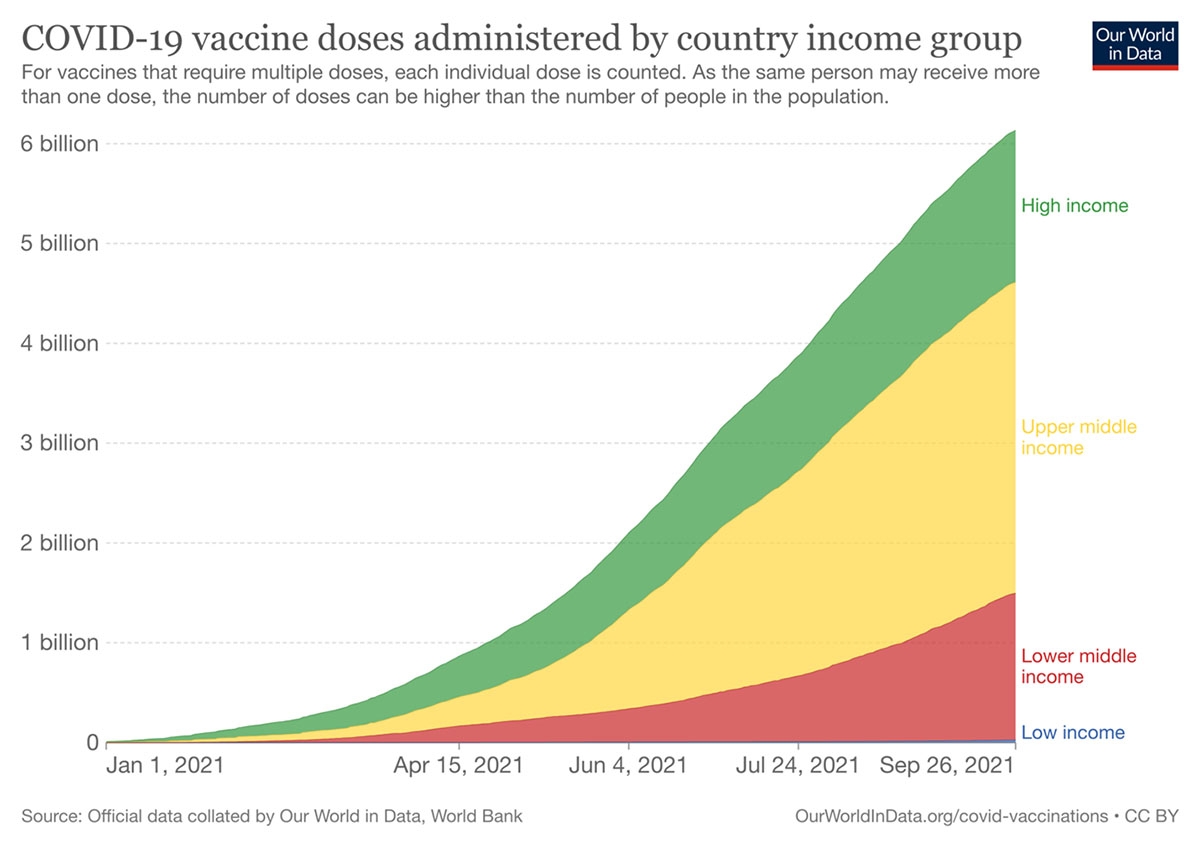
“This will take the largest public health effort in history,” said the United Nations Secretary-General. He thanked the Government of China for organizing the forum and their leadership to address equitable access to vaccines for developing countries– “the most pressing issue of our times.”
China’s Minister Yi asserted, “We stand ready to work with the international community to advance international vaccine cooperation and build a community with a shared future for mankind.”
This month, between September 14th and 30th, the United Nations 76th Annual General Assembly gathers the world’s leaders, providing them with the opportunity to weigh in on the state of world vaccinations. While calling for increased participation from other high-income nations, the .U.S and China are leading by example.
President Biden called it “an all-hands-on-deck crisis” at this week’s United Nations Virtual Global Covid-19 Summit. He has shown a commitment to ending the pandemic at home and worldwide, having already shipped nearly 160 million doses to 100 countries: “…To beat the pandemic here, we need to beat it everywhere.”
At the General Assembly, the United States has committed another half-billion doses of Pfizer to low- and middle-income countries worldwide, bringing their total commitment to over 1.1 billion vaccines. They will provide an additional $370 million to support administering and delivering the vaccines globally. A further $380 million was committed to the Global Vaccine Alliance (GAVI) to distribute to the regions with the greatest need.
Biden continued his address on the global stage, “I promise you, the United States will continue to lead. We’ll continue to drive historic commitments in vaccine donations–1.1 billion and counting–so we can defeat COVID-19 together.”
“And we’ll continue to invest in creating a future of true global health security for all people. That is a big goal we should have. And we’re going to lead with the power of our example… But the only way to get this done is for everyone, everywhere–is for all of us to step up, which I’m confident you will.”
China, too, will strive to provide a total of two billion doses to the world by the end of the year. Next year, they will also be donating USD 100 million to COVAX and 100 million doses of vaccines to other developing countries.
“We should always put people and their lives first, and care about the life, value, and dignity of every individual,” President Xi expressed in his address to the General Assembly.
“Vaccination is our powerful weapon against COVID-19,” he continued, “…We need to respect science, take a science-based approach… I have stressed on many occasions the need to make vaccines a global public good and ensure vaccine accessibility and affordability in developing countries. Of pressing priority is to ensure the fair and equitable distribution of vaccines globally.”
Here at home, Canada could be playing a significant role. Since the start of the crisis, the Canadian Government has committed more than $2.5 billion to support the global response to COVID-19. On July 12, 2021, Global Affairs Canada released that the Government of Canada would donate an additional 17.7 million doses of the AstraZeneca vaccine to be managed by COVAX. As with other recent international endeavours, however, Canada is falling behind in their global contributions to the pandemic.
As one of the most vaccinated countries, Canada’s commitments are not in line with their accomplishments. While Canada recognized the importance of taking a global approach to ending the pandemic at the General Assembly last night, they made no additional promises to the international community.
“We know what must be done,” said Marc Garneau, Canada’s Minister of Foreign Affairs, “we just need to choose to do it. It is in our hands.”
Granted, Canada implemented the “Give a Vax” fundraising campaign, where the Canadian Government will match, dollar for dollar, donations made by Canadians to UNICEF Canada’s vaccination campaign up to $10 million. Nevertheless, Canada must follow the lead of China and the United States to meet global health disparities.
The pandemic, throughout its course, has been a shared experience by all. Some may feel its effects more acutely, but it left no part of the globe untouched. The rest of the international community must follow the example of China and the U.S. and put profit and political differences aside. Our solutions must be cooperative. We can only overcome the pandemic together.
President Xi closed with this statement: “The world is once again at historical crossroads. I am convinced that the trend of peace, development and advancement for humanity is irresistible. Let us bolster confidence and jointly address global threats and challenges and work together to build a community with a shared future for mankind and a better world for all.”
*If you want to be a part of Canada’s initiative to contribute vaccinations, visit “Give a Vax” today. The campaign has been extended until September 30, 2021.

